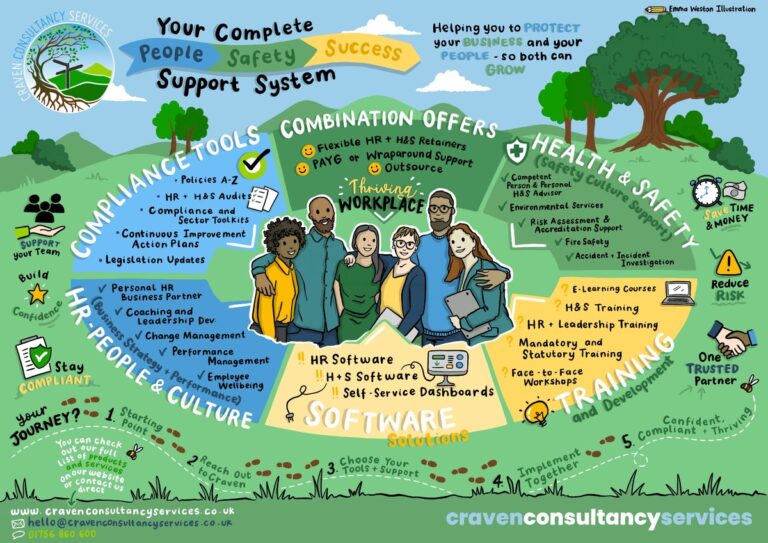1. 2022 Employment Law Changes: Rate Changes
The 2022 employment law changes will include the usual set of rate changes and these will take effect in April 2022. They include the following:-
The National Minimum Wage and National Living Wage
Statutory Maternity Pay, Statutory Paternity Pay, Shared Parental Pay, Adoption Pay, Maternity Allowance, and Statutory Parental Bereavement Pay
NI contributions 1.25% increase from April 2022. (Coming soon in 2023 it will be separate tax on earned income and should be detailed on a payslip as Health & Social Care Levy).
Statutory Sick Pay
The statutory cap on a week’s pay for the purposes of calculating the basic award and statutory redundancy pay
2. Gender Pay Gap Reporting
Since 2017 employers who have a headcount of 250 or more must comply with regulations on gender pay gap reporting. The deadline for gender pay gap reporting by public sector employers, private sector employers, and voluntary organisations in 2021 was put back until midnight on the 4th October 2021. However, in terms of 2022, the deadlines are anticipated to revert back to the normal timescales. Accordingly, the deadline for public sector employers to report their data is likely to be the 30th March 2022. And for private sector employers and voluntary organisations, the deadline is likely to be the 4th April 2022.
3. Employment Bill
A much anticipated part of the 2022 employment law changes is the Employment Bill, although there is no guarantee that one will appear. If it does, then it is likely to include the following measures:-
- The establishment of a new single enforcement body for employment rights.
- The extension of protection against redundancy re pregnancy, maternity, adoption, and shared parental leave, including extending redundancy protection to six months post return to work after the end of maternity leave, with similar protection afforded to those returning to work from adoption leave and shared parental leave
- Neonatal leave and pay
- A new right to 1 week’s unpaid leave per year for carers
- (already reviewed) New legislation to ensure that tips left by customers in restaurants are retained by staff in full, and are not either partially or wholly taken off them by their employers.
- A new right for workers to request a more stable contract after 26 weeks service
- (already reviewed) New legislation to enhance flexible working rights
- An extension of time required to break a period of continuous service from one week to four weeks
- New legislation making it compulsory for organisations to publish their modern slavery statements on a new government-run registry
Other possible measures which may appear in any Employment Bill as part of the 2022 employment law changes include:-
- New legislation relating to post-termination non-compete clauses, over which the Government is currently consulting on
- An extension of the ban on exclusivity clauses beyond zero hours contracts, to contracts where the workers’ guaranteed weekly income is less than the Lower Earnings Limit of £120 a week, which the Government is also currently consulting on
- Compensation for those whose shifts are cancelled at short notice, an entitlement to reasonable notice of allocated shifts, and protections for those who refuse last minute shifts
- New legislation to protect against “firing and rehiring”
4. Other 2022 employment law changes include the following:-
April 2022 – regulatory reforms for trade unions and employers’ associations will be introduced under which “new enforcement powers and levy mechanism will bring the Certification Officer into line with other regulators like the Pensions Regulator.“













